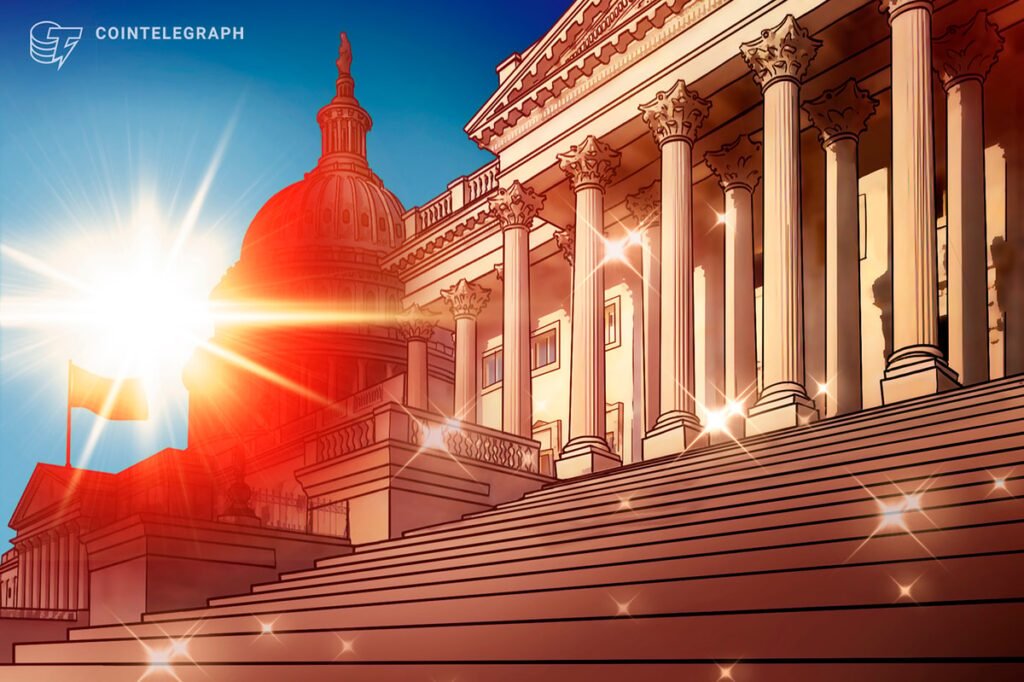The US House has added a provision banning the Federal Reserve from issuing a central bank digital currency (CBDC) into a nearly 1,300-page bill setting the country’s defence policy for the 2026 fiscal year.
A revision of HR 3838, the House’s version of a bill implementing the National Defense Authorization Act, was shared on Thursday by the House Rules Committee to include sweeping language banning the Federal Reserve from studying or creating digital currency.
The House passed a similar Republican-backed bill, the Anti-CBDC Surveillance State Act, in July with a slim vote of 219 – 210, which now has an uncertain future in the Senate.
The National Defense Authorization Act and related appropriations bills are seen as “must-pass” national security legislation as they outline how the military will be funded and how it will spend its budget.
It’s typical of lawmakers to add non-defense-related provisions that could otherwise be stalled or heavily revised if passed as a standalone bill.
House leaders promised CBDC ban in defense bill
Top House Republicans had promised to include a CBDC ban in the must-pass military spending bill in a deal with conservative hardliners in July.
A group of Republican holdouts had refused to move three crypto bills forward unless a CBDC ban was guaranteed to pass, stalling a vote to set up floor debate on the bills for over nine hours, the longest in the House’s history.
At the time, the House passing the CBDC-banning bill on its own was seen as unlikely due to a lack of support. Debate on the bills eventually moved forward after House Majority Leader Steve Scalise said the CBDC ban would be added to the National Defense Authorization Act.
The House later passed the CBDC ban bill on its own by a thin margin, which now faces an uncertain future in the Senate.
Provision would stop Fed-issued digital currency
The provision in the defense policy bill would ban the Fed from issuing any digital currency or asset and stop the central bank from offering financial products or services directly to individuals.
Related: US must pass regulations or risk losing crypto race — Wyoming Symposium
It adds that the central bank may not “test, study, develop, create, or implement” a digital currency or asset, but allows a carve-out for stablecoins, saying the bill does not prohibit “any dollar-denominated currency that is open, permissionless, and private.”
A CBDC bill died last Congress
House Republicans have been looking to ban CBDCs for some time.
The party’s House leaders looked to pass a version of the CBDC-banning bill in the last Congressional session.
The similarly named bill, called the CBDC Anti-Surveillance State Act, was introduced by Representative Tom Emmer in early 2023 , but it didn’t progress and died with the last Congress.
Emmer reintroduced a version of the bill in the current Congress, and Republicans have backed the effort as aligning with President Donald Trump’s executive order in January prohibiting CBDCs.
Magazine: Can privacy survive in US crypto policy after Roman Storm’s conviction?




